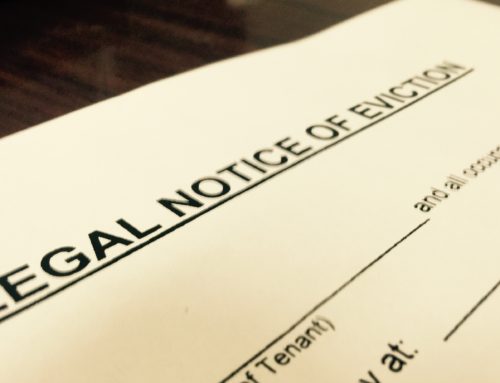Prenuptial agreements allow parties to alter the base line rules of California divorces. For example, in California, while married, both spouses generate community property. However, a prenuptial agreement can alter or limit the ways that community property is generated during a marriage. For example, a prenuptial agreement could provide that the parties generate no community assets during the marriage; that each keeps as their separate property what they earn during the marriage.
However, it is important to keep in mind that Prenuptial Agreements in California have a strict series of requirements depending on what one seeks to accomplish with the agreement. For example, if the agreement seeks to alter spousal support (commonly called Alimony) then the agreement has a built in seven day cooling off period. The idea is that California does not want anyone signing away or altering their right to spousal support without first having some time to think the matter over. A failure to follow these requirements can result in either the provision or the entire agreement being thrown out.
Finally, certain kinds of provisions are absolutely prohibited in Prenuptial Agreements. For example, California Family Code Section 7632 prohibits agreements that seek to permanently divest one from a responsibility to pay child support. So, if a prenuptial agreement seeks to waive child support then the agreement is in danger of being voided in whole or in part.
The San Francisco based attorney of Jones & Devoy are practiced at navigating these complicated requirements and can advise on whether and agreement is right for your case, and, the best way to implement your goals.






